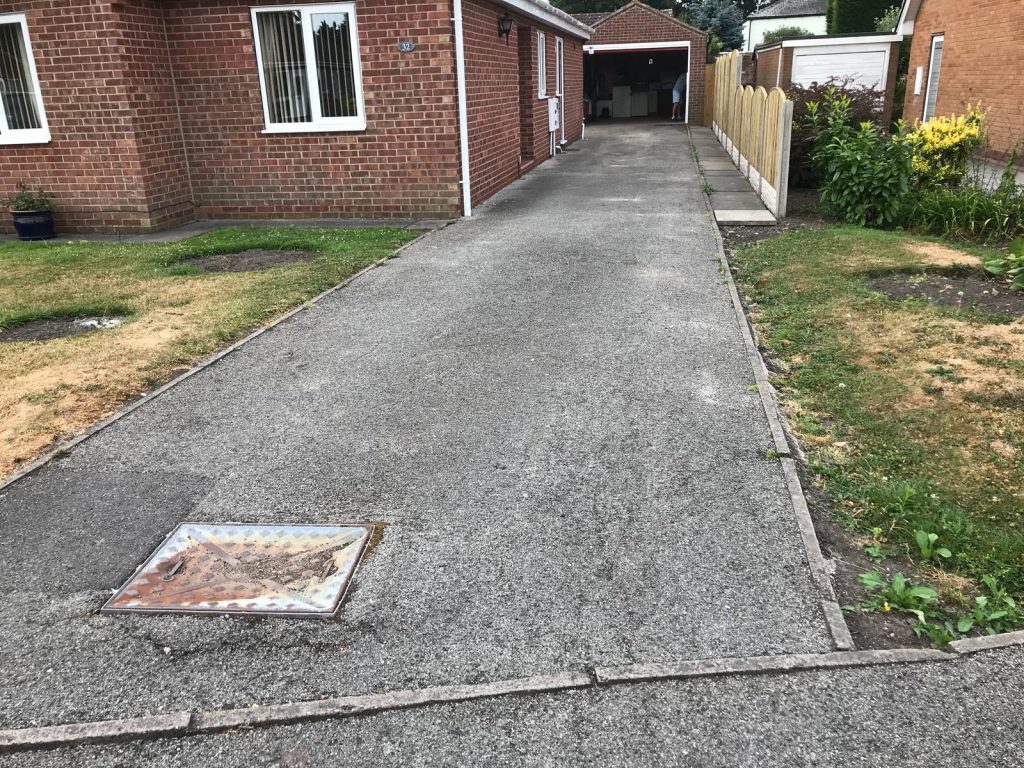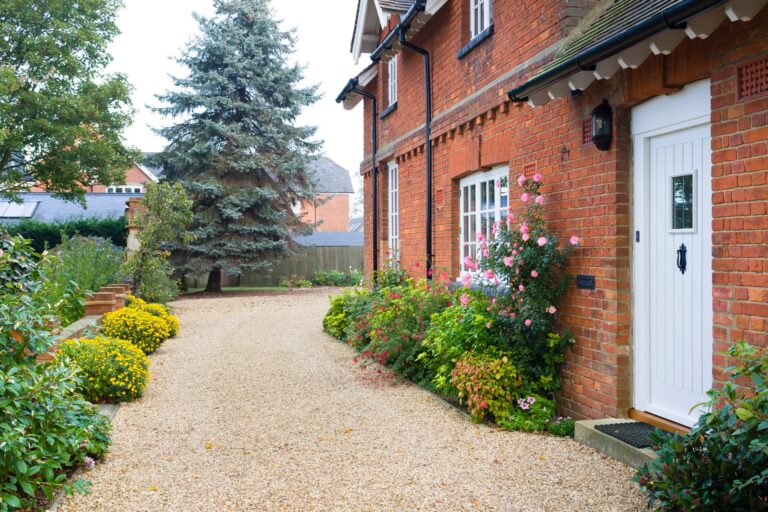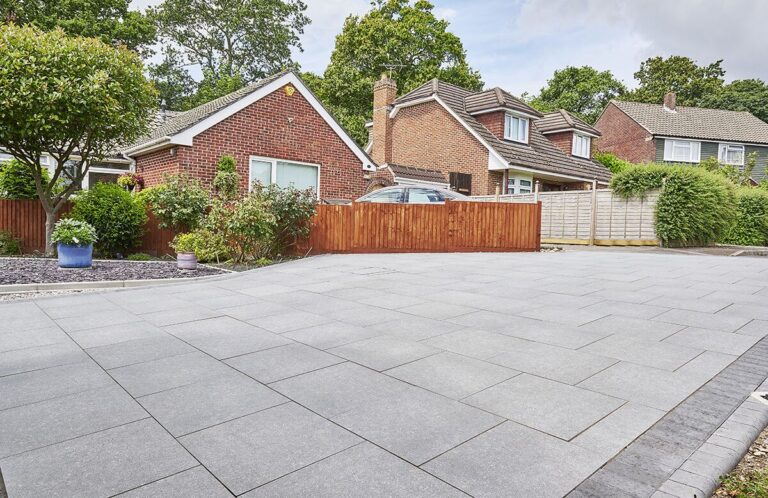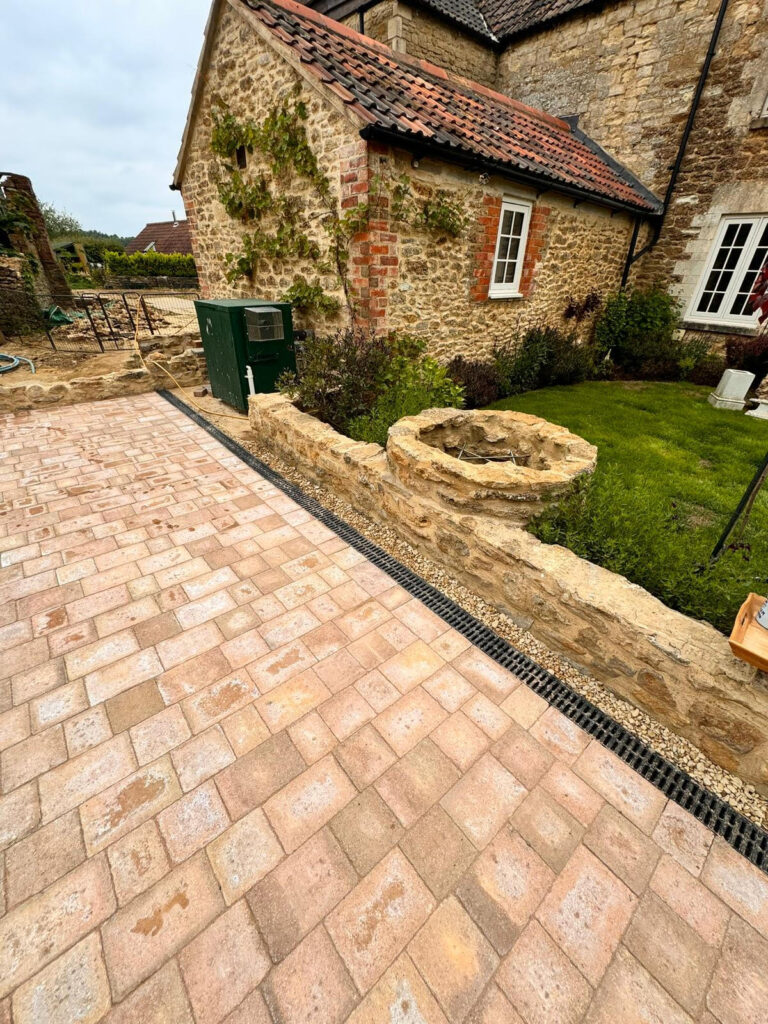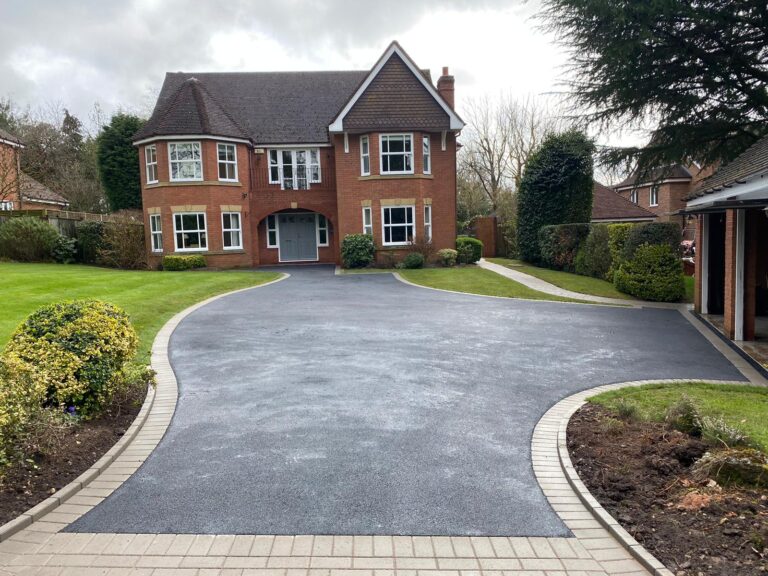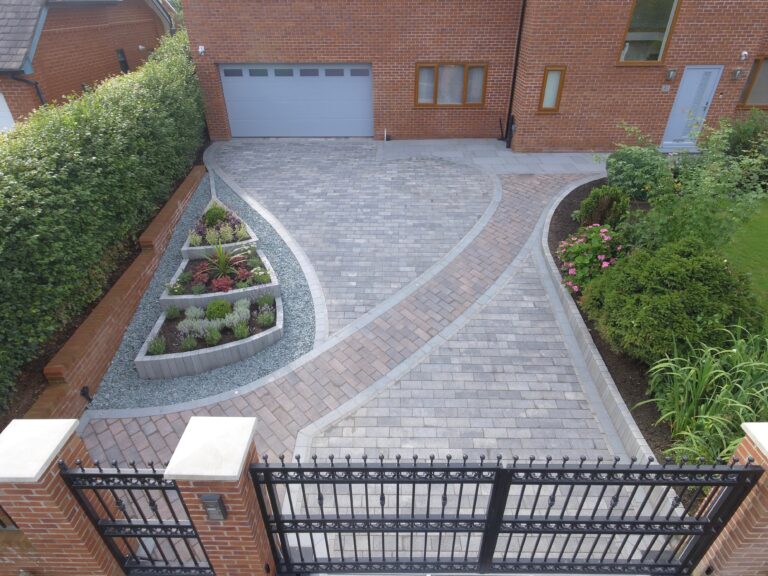Your driveway plays a key role in both the aesthetic appeal and functionality of your home, but over time, wear and tear can take its toll.
Whether it’s a cracked tarmac surface or a few loose bricks, the question arises: should you repair the existing driveway or invest in a brand-new one?
Deciding whether to repair or replace your driveway depends on a variety of factors, including the severity of the damage, the cost of repairs, and your long-term plans for your property.
In this article, we’ll help you decide which option is best for your situation.
1. Assess the Extent of the Damage
Before making any decisions, it’s essential to evaluate the condition of your driveway. Small cracks, stains, or surface-level wear might only need a simple repair or resurfacing, while more severe issues like large cracks, potholes, or significant structural damage might require a full replacement.
What to do:
- Check for surface damage: Small cracks or stains can usually be repaired with a sealant or patch. If the surface is uneven or starting to degrade, resurfacing could extend its life.
- Inspect the base: If the base of the driveway has shifted or eroded, a complete replacement might be necessary, as the structure could be compromised.
2. Consider the Cost of Repairs vs. Replacement
Repairing a driveway can be a cost-effective way to restore its appearance and function, but depending on the extent of the damage, it may end up costing more than replacing it entirely. Replacing your driveway might seem like a larger upfront investment, but in the long run, it could save you money by eliminating the need for frequent repairs.
What to do:
- Get quotes for both options: Ask contractors for estimates on both repairs and a full replacement. Compare the costs to determine which option offers the best value.
- Factor in long-term costs: While repairs may be cheaper initially, consider how much you’ll spend over time to keep the driveway in good condition.
3. Consider the Material of Your Driveway
The material of your driveway plays a significant role in whether it’s worth repairing or replacing. Some materials, such as tarmac or concrete, are relatively easy to repair, while others, like gravel or block paving, may require more extensive work or even full replacement.
What to do:
- Evaluate the material’s lifespan: Tarmac and concrete driveways typically last 15-20 years, while block paving or gravel may require more frequent maintenance, including re-sanding or replenishing stones.
- Choose a durable material for the future: If you’re replacing your driveway, consider using a more durable material, such as resin-bound paving, which requires less maintenance.
4. Your Future Plans for the Property
If you plan to sell your home in the near future, investing in a new driveway might be a smart choice, as it can significantly increase your property’s curb appeal and market value. However, if you’re staying in your home long-term and the existing driveway has minor issues, repairing it might be the more cost-effective option.
What to do:
- Consider resale value: If you’re preparing to sell, a new driveway can boost the overall appeal of your home, helping it stand out to potential buyers.
- Think about long-term durability: If you plan to stay, investing in a durable driveway will save you money and hassle in the long run.
Whether you repair or replace your driveway depends on the severity of the damage, your budget, and your long-term plans.
If the damage is minimal, repairing or resurfacing might be the right option.
However, if your driveway is beyond repair or has suffered significant structural damage, investing in a new driveway can provide lasting value and improve the overall look of your home.

